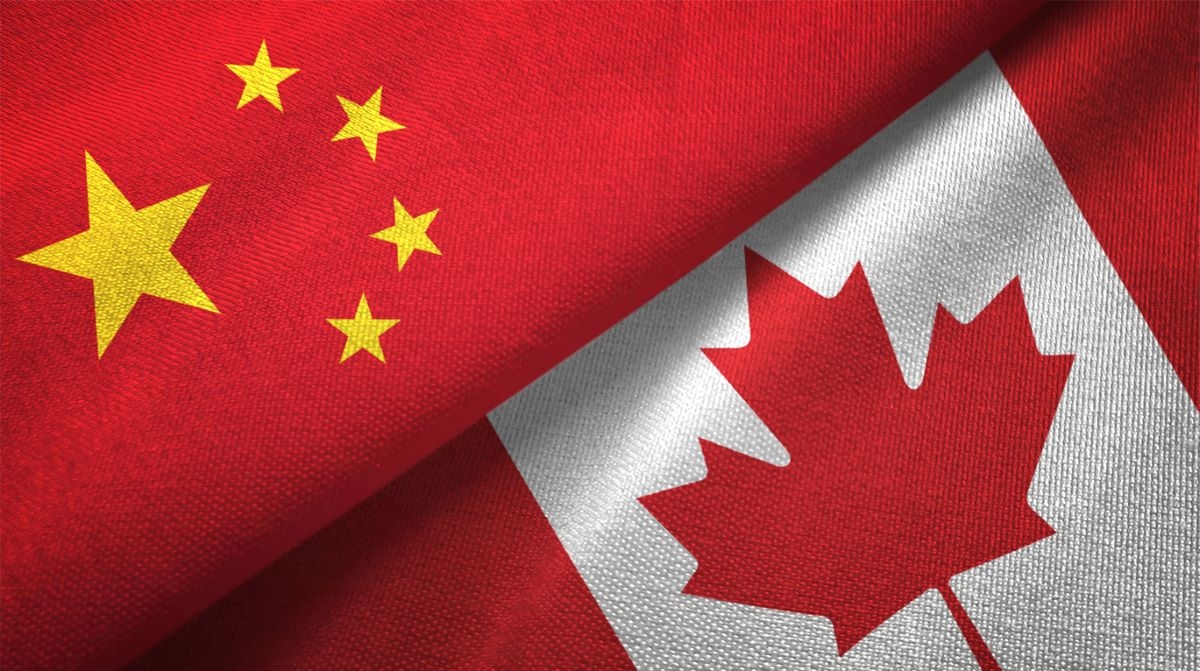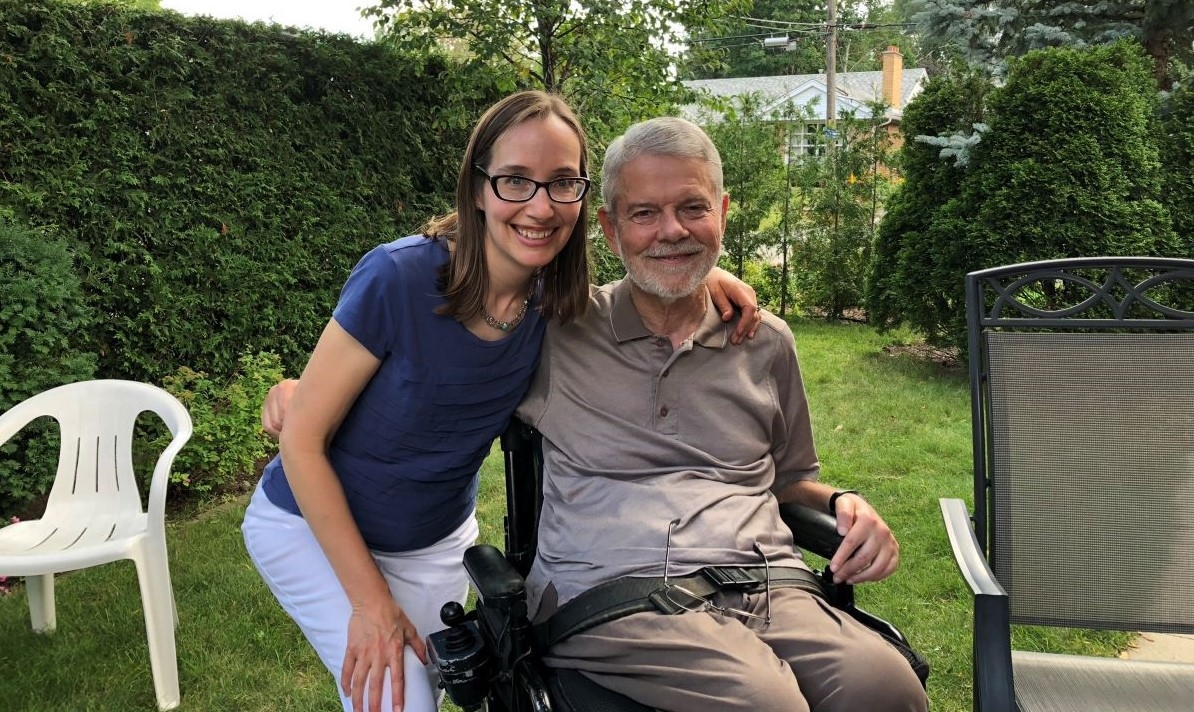
The Choice at the Crossroads in History, the Trend in Line with the Times
A Global Community of Shared Future: China’s Proposals and Action
By H.E. Cong Peiwu, Chinese Ambassador to Canada
This year marks the tenth anniversary of President Xi Jinping’s idea of building a global community of shared future. Recently, when I met with my Canadian friends, many of them expressed great interest in this idea and wanted to know more about its rich contents. Coincidentally, on September 25, the State Council Information Office of the People’s Republic of China released a white paper entitled “A Global Community of Shared Future: China’s Proposals and Action”, which systematically elaborates on President Xi Jinping’s idea and practice of building a global community of shared future. I would like to share the relevant contents of the white paper here.
The choice at the crossroads in history
This is an era of promise, and an era of challenges. The peace deficit is growing. The development deficit is ballooning. The security deficit is glaring. The governance deficit is more severe. The current international order is facing a myriad of challenges. At yet another crossroads in history, we have to choose between unity and division, between opening up and closing off, between cooperation and confrontation. With the overall interests of humanity at stake, this choice tests the wisdom of all countries.
Ten years ago President Xi Jinping propounded the idea of building a global community of shared future, answering a question raised by the world, by history, and by the times: “Where is humanity headed?” His proposal lights the path forward as the world fumbles for solutions, and represents China’s contribution to global efforts to protect our shared home and create a better future of prosperity for all.
Over the past decade, the vision of a global community of shared future has gained broader support. More countries and people have come to the understanding that this vision serves the common interests of humanity, represents popular calls for peace, justice and progress, and can create the greatest synergy among all nations for building a better world.
What kind of world we need to build
We are committed to fostering a new type of international relations, upholding the principles of mutual respect, equity and justice, and mutually beneficial cooperation, and deepening and expanding the global partnership based on equality, openness and cooperation, so as to build a world of lasting peace, universal security, common prosperity, openness and inclusiveness, and cleanliness and beauty. China has made a five-point proposal for building a global community of shared future in the areas of partnerships, security environment, development, inter-civilization exchanges, and ecosystem. This has opened up new prospects for international exchanges.
We are committed to pressing ahead with a new type of economic globalization, pursuing a policy of openness and explicitly opposing protectionism, the erection of fences and barriers, unilateral sanctions, and maximum-pressure tactics. We practice true multilateralism, following the vision of global governance featuring extensive consultation and joint contribution for shared benefits. We advocate peace, development, equity, justice, democracy and freedom, the common values of humanity, and respect the efforts of people in different countries to explore their own development paths.
What kind of world should we build, and how should we build this world? These are questions we must answer correctly. We should forge greater synergy to achieve lasting peace, develop a conducive environment for common security, instill greater confidence in common development, provide sustainable driving forces for mutual learning among civilizations, and take more action to protect the ecology.
Resonance across time and space
All human beings are one big family. With their interests intertwined and future interlocked, countries are turning into a community of shared future. Living on the same planet, China and Canada should uphold the concept of a shared future, fully communicate and consult with each other, share governance responsibilities, and form broad consensus and take concerted actions to address global issues.
China and Canada were among the first countries to join the United Nations Convention on Biological Diversity, and both countries share similar ecological concepts. There is plenty of room for us to cooperate in this area. Last year, we successfully co-organized the second meeting of COP 15 in Montreal, and made joint contribution to the Kunming-Montreal Global Biodiversity Framework. We should have more such cooperation.








